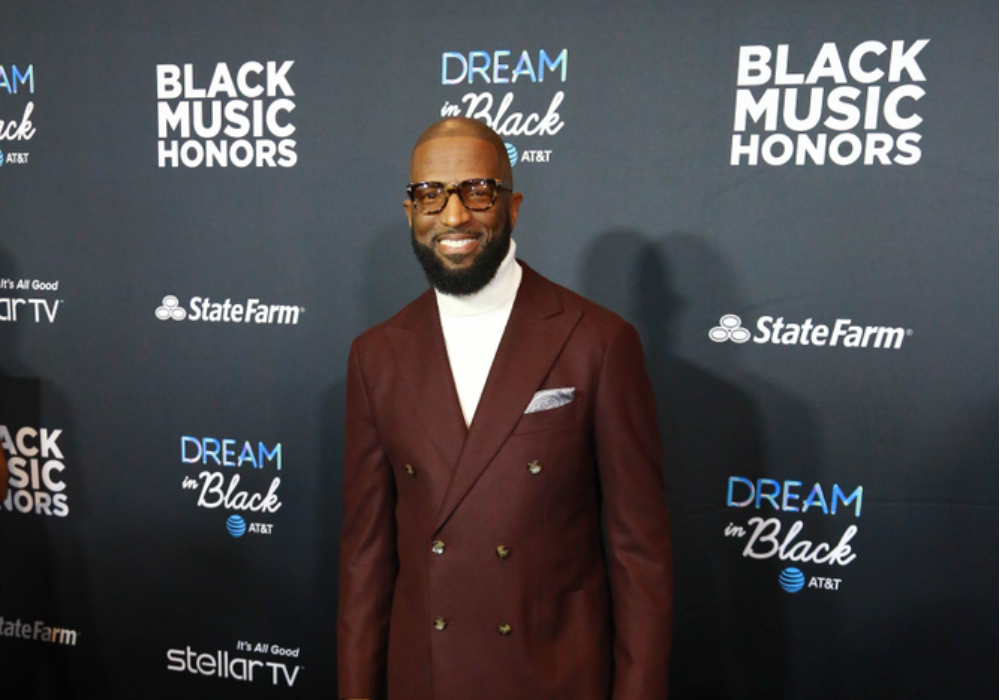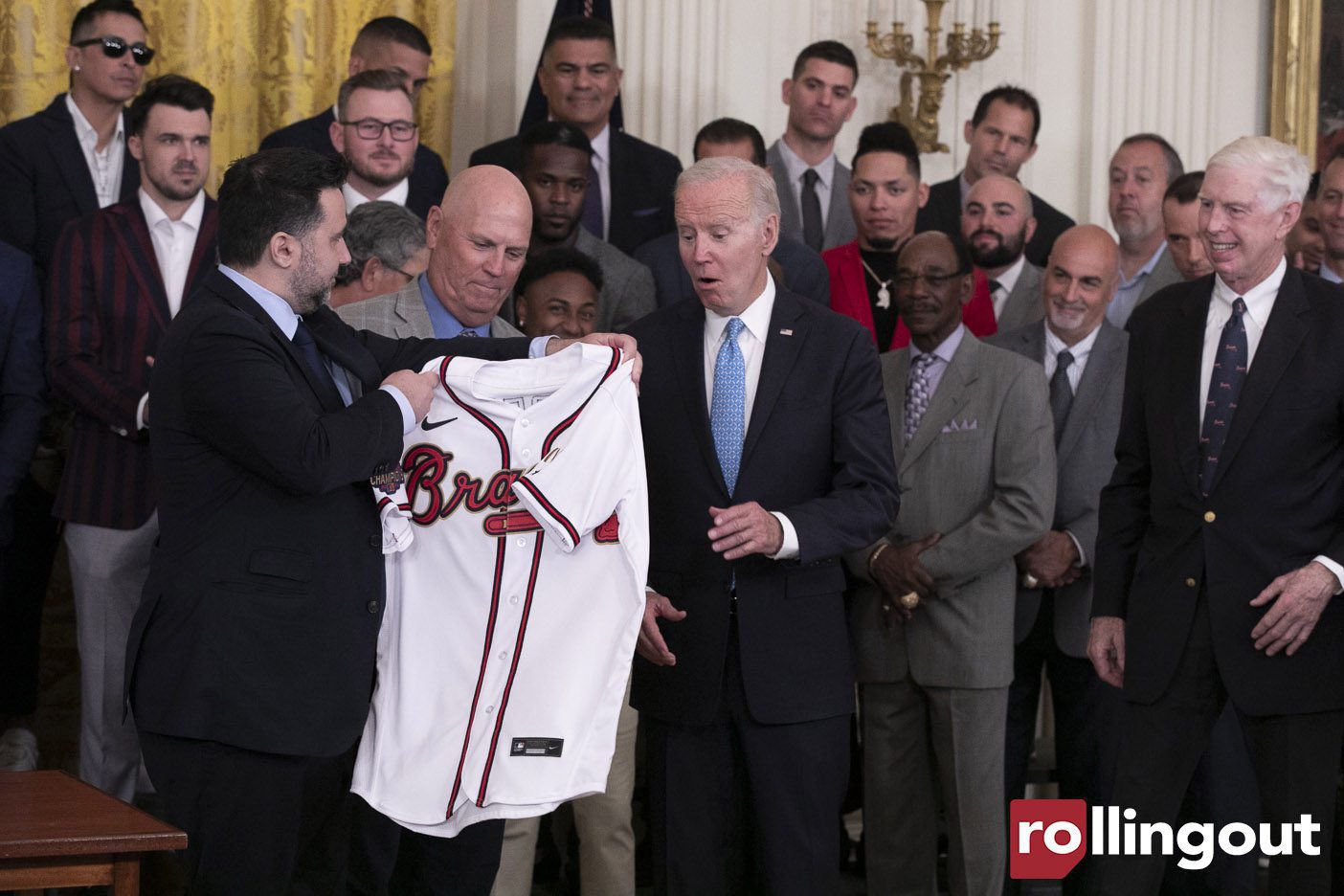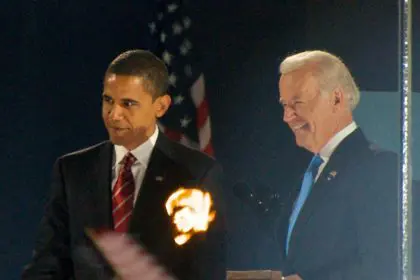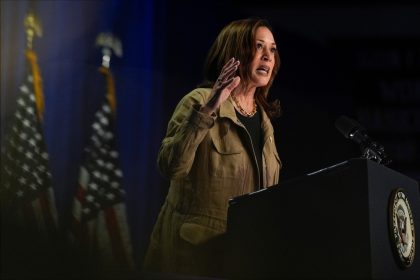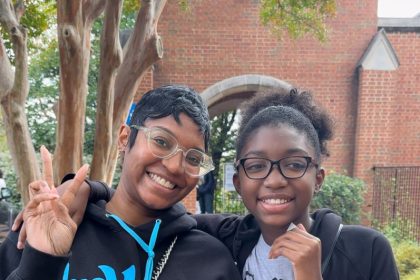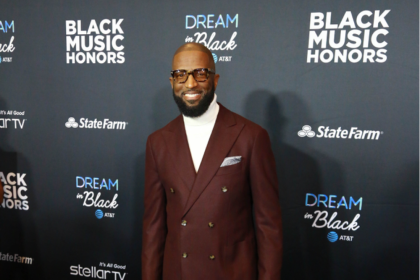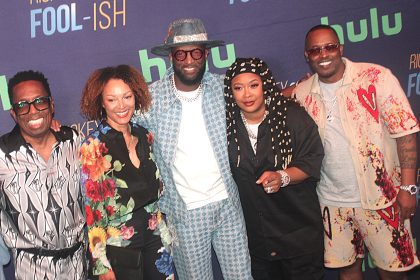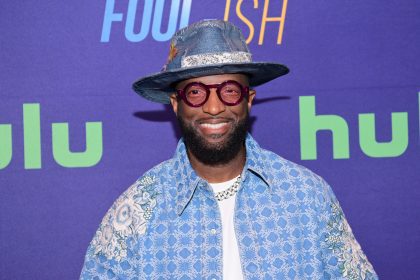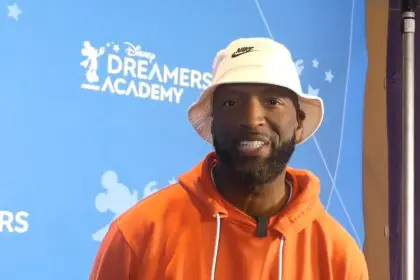As the 2024 presidential election approaches, significant developments are unfolding that resonate deeply within the Black community. From political drama in Illinois to Vice President Kamala Harris’s campaign efforts, these events are shaping the landscape for African American voters.
Tiffany Henyard: The controversial ‘super mayor’
In Dolton, Ill., Tiffany Henyard, who has dubbed herself the “Super Mayor,” is facing increasing scrutiny. Recent reports reveal that she is under federal investigation for her spending habits and has outstanding financial obligations. This situation raises questions about her leadership and accountability, especially as she navigates the complexities of local governance. The community’s trust in her leadership is waning as these issues come to light, prompting discussions about the implications for local politics.
Rickey Smiley’s advice for undecided voters
With just over a month until the presidential election, comedian and radio host Rickey Smiley has stepped into the political arena, offering advice to undecided voters. Smiley emphasizes the importance of making informed decisions and understanding the stakes involved in the upcoming election. His insights resonate particularly with younger voters who may feel disillusioned or apathetic about the electoral process. Engaging with influential figures like Smiley can help galvanize interest and participation among Black voters.
Kamala Harris: Leading the charge
Vice President Kamala Harris is actively campaigning to solidify her support among Black voters. According to a recent Pew Research study, 84% of Black registered voters would choose Harris if the election were held today. However, she is also keen on attracting undecided voters and those who previously supported Donald Trump. Harris’s strategy includes addressing key issues such as healthcare, economic empowerment, and social justice, which are critical to the Black community.
Health care and economic policies
During her campaign, Harris has been vocal about her plans to improve healthcare access and support small businesses. Her recent speeches highlight initiatives aimed at making home ownership more attainable for Black families, a crucial aspect of wealth building in the community. As she continues to engage with voters, her ability to connect these policies to the lived experiences of African Americans will be pivotal in swaying undecided voters.
Black America’s reaction to political debates
Recent political debates have sparked lively discussions within Black group chats, particularly regarding the vice presidential debate between J.D. Vance and Tim Walz. Many viewers expressed frustration with Walz’s approach, which they perceived as overly polite or “Minnesota Nice.” This sentiment reflects a broader desire for authenticity and directness in political discourse, especially when addressing issues that disproportionately affect the Black community.
Concerning remarks from GOP candidates
In a troubling development, Nevada GOP congressional candidate John Lee made headlines for his dismissive comments about Black voters, stating he is “not worried about Black people” in his campaign. Such remarks have sparked outrage and concern among community leaders and activists, highlighting the ongoing challenges of representation and respect for Black voices in politics.
Conclusion: The importance of engagement
As the election draws near, it is crucial for the Black community to remain engaged and informed. The actions and statements of political figures like Henyard, Harris, and Lee will significantly impact the political landscape. Voter turnout and participation are essential for ensuring that the voices of African Americans are heard and that their needs are addressed. By staying informed and involved, the community can influence the direction of policies that affect their lives.
In conclusion, the upcoming election is not just about choosing a leader; it is about shaping the future for the Black community. Engaging in discussions, understanding the issues at stake, and making informed choices will empower voters to take control of their political destiny.

